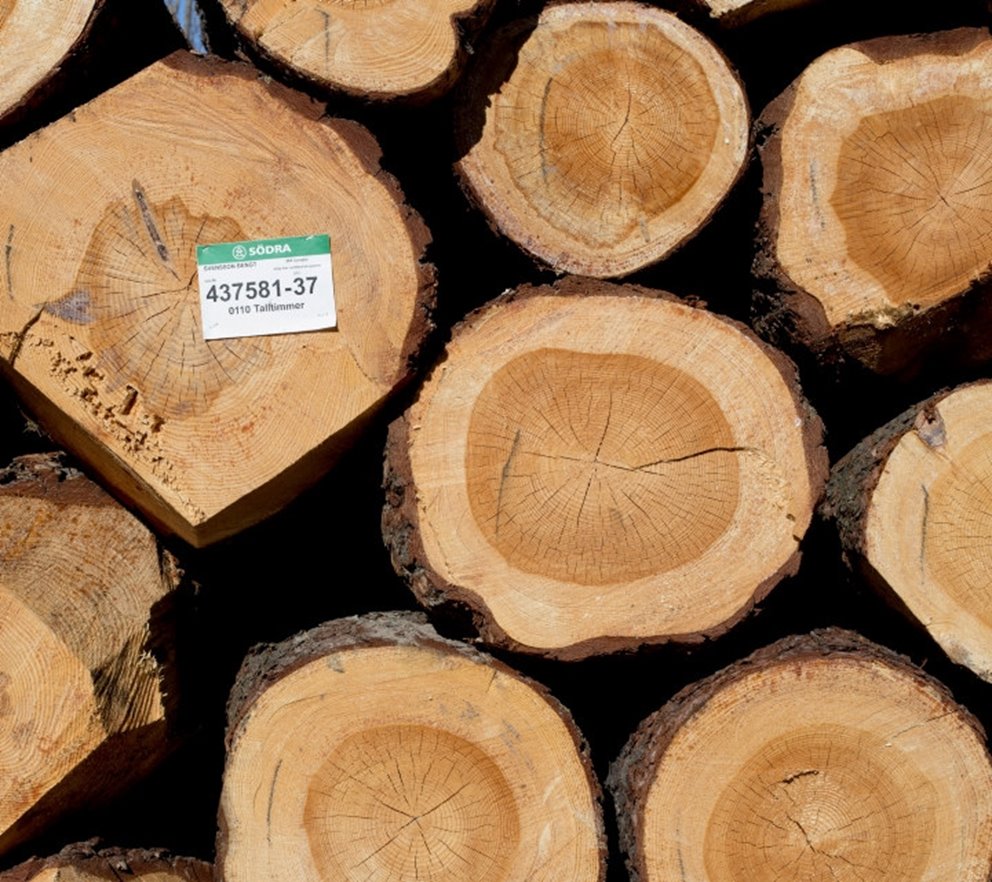
Close to the everyday life
A raw material with endless opportunities
Toilet paper, hygiene products, decking, cleaning agents, clothing, tall wooden buildings, and biofuels are just a few examples of what can be made from the remarkable forest raw material. Many of our products are sold to customers who further refine them, while others reach you in the same form as when they leave us.
Products
It starts in the forest
Södra was founded in 1938 on a simple but powerful belief: we are stronger together. Today, Södra is Sweden’s largest forest owners’ association, with more than 50,000 members. Together, we own world-class industrial facilities that make products people use and rely on every day. We care for the forest so that it can care for us — today and for generations to come.
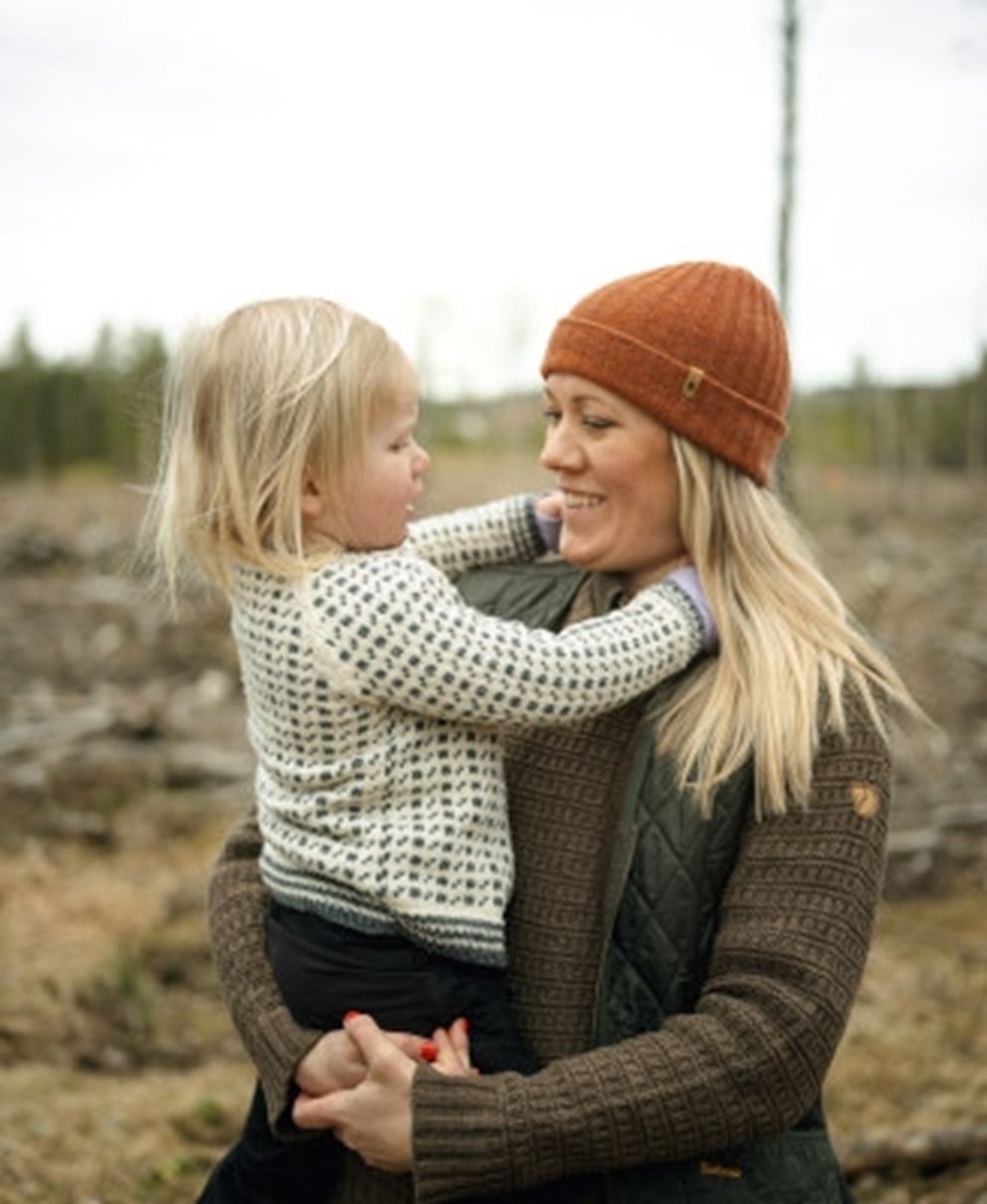
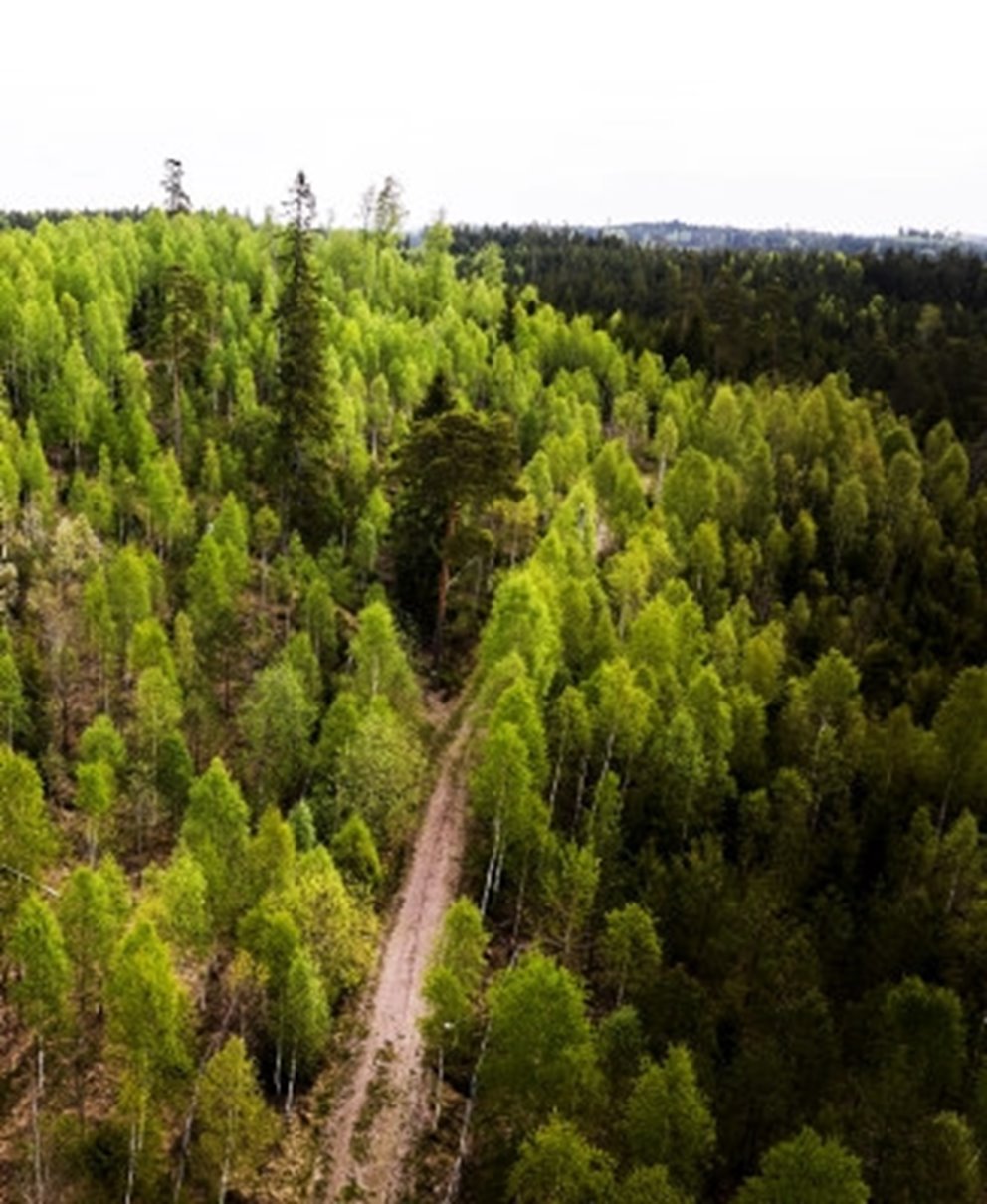
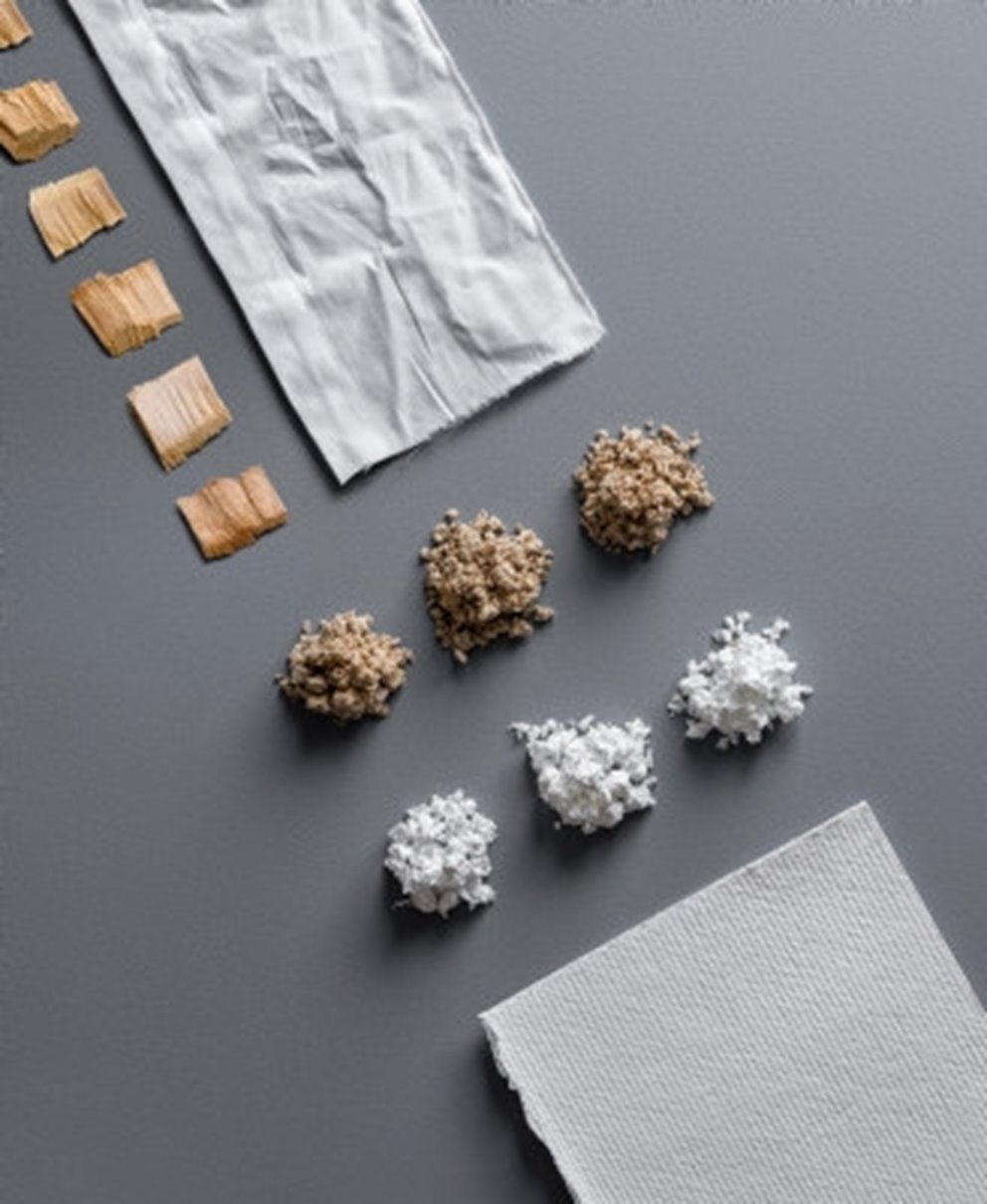
A commitment with 50,000 perspectives
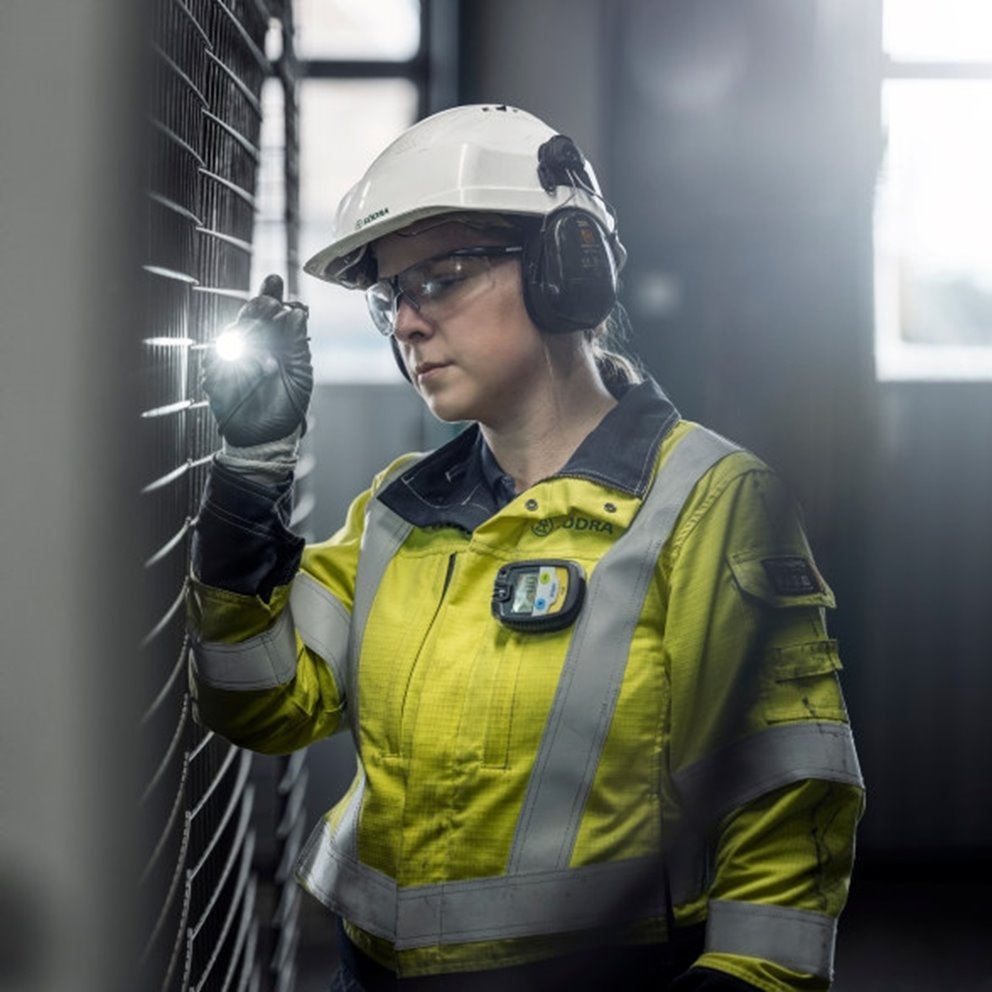
Find your dream job
A place to grow - close to you
At Södra, everything begins with care for people. That’s how we shape the future of forestry. By people driven by curiosity, who dare to think differently, and who know that together is stronger than alone. Do you want to work with the future, in a place that sees you and where you can make a difference? You're getting closer.
Didn't find what you were looking for?
Use the search bar in the top menu or go to our contact page to find the right contact person.
